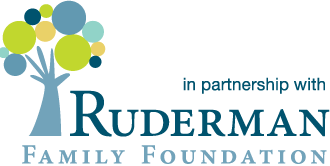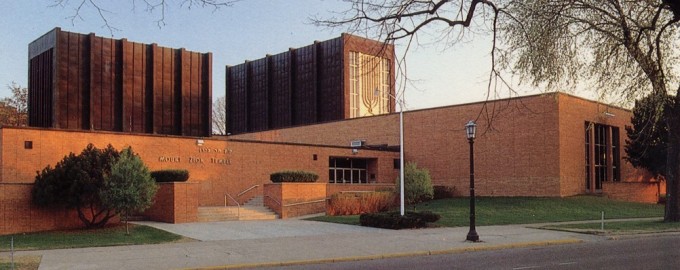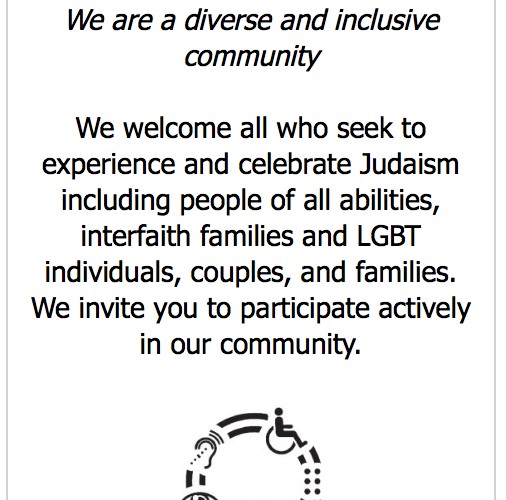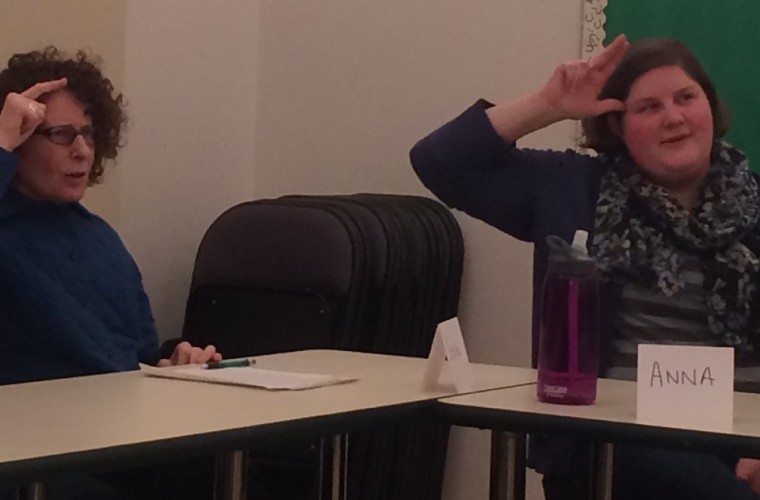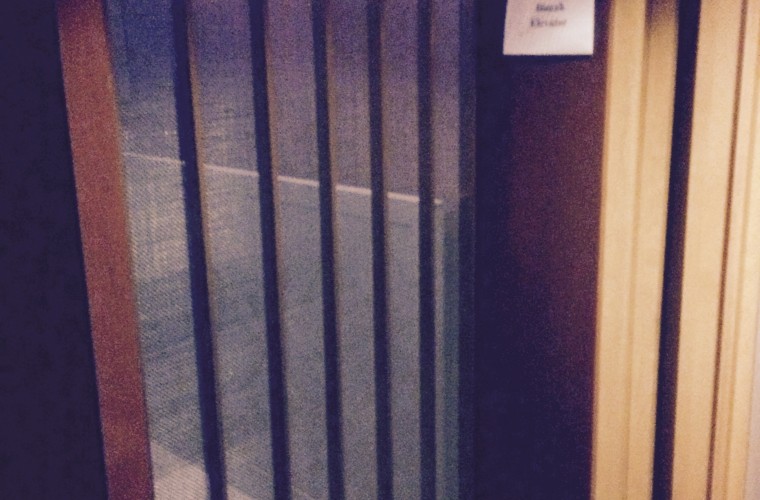Areas of Inclusion: Adults in Communal Life, Advocacy & Community Partnerships, Architectural & Physical Accommodations and Transportation, Autism, B’nai Mitzvah, Blindness, Deafness, General Inclusion, Mental Health, Religious School, and Worship
About the Congregation
1300 Summit Avenue
St. Paul, MN 55118
Number of Congregants: 650
Contact Information
Inclusion Programming
Does this congregation have an inclusion committee?
Yes
Developing Our Program
We have had an inclusion program in the Religious School (KULAM) for over 20 years.
We've made accommodations as necessary in the congregation, but now we are making an organized effort to do more. About five years ago, the Board of Directors appointed a Task Force to evaluate and make recommendations about accessibility and inclusion, among other things.
Three years ago, a congregant stepped up to lead this initiative, and two years ago, she, along with the cantor, formed a working group to expand our efforts. In the initial stages of our work, we created a vision and guiding values to lead the congregation in our efforts.
Number of people involved in the effort: 100
Involving People with Disabilities
The committee has parents of children with special and mental health needs; a person with chronic health issues and one with a traumatic brain injury; someone with mobility challenges; someone with life-altering physical changes. As our committee evolves, we are seeking others who live with various disabilities.
Funding This Effort
We have an established KULAM (Kids Understanding and Learning At Mount Zion) Fund as well as a Caring Community Fund.
Helpful Agencies & Organizations
We have worked with PACER Center, to learn about best practices, advocacy and resources. We have also worked with our local chapter of NAMI (National Association of Mental Illness). In addition, we have partnered with our local Jewish Community Center, which has a Ruderman Grant for their inclusion programming.
Our committee also includes experts in various areas, including visual impairment, Deaf and hard of hearing, organizational change and advocacy.
List of Helpful Agencies & Organizations
Spreading Awareness About Our Work
We have just launched a page on our website featuring inclusion and accessibility resources, sermons, links to national organizations, recommended books, articles from our newsletter, and successes at our congregation.
Our website homepage includes the following wording:
"Our Doors are Open
We are a diverse and inclusive community
We welcome all who seek to experience and celebrate Judaism including people of all abilities, interfaith families and LGBT individuals, couples, and families. We invite you to participate actively in our community."
Links About Spreading Awareness
Process & Sharing
History, Materials & Processes that Guided Our Approach
A link to the list of our success from 2014-2015 is available below. Documents on our process are attached below.
History, Materials & Process Links
History, Materials & Process Documents
Evidence of Successful Inclusion Efforts
We have increased numbers in the Deaf and hard of hearing population. People switch to our synagogue from another one or join our synagogue because of the reputation of our Religious School's inclusion program. We added an automatic door to our accessible bathroom, which enables more people to attend services and programs. We've had high-level children with special needs who have been able to successfully come to the Bima as B'nai mitzvah and to read Torah and lead the congregation in prayer.
Evidence of Changing Attitudes
Our members are more tuned in to the needs of our individual congregants and are taking action to respect and accommodate them. The several sermons that have been delivered from our Bima have increased awareness and knowledge and have been very well received. Our teens are more aware of, and sensitive to, mental health conditions. Our congregation focuses on individual connections, which enables people without disabilities to connect with those with disabilities (and to challenge their beliefs and attitudes).
How We're Using and Sharing the Disabilities Inclusion Learning Center
Our chairperson and our cantor have already used the resources on the Disabilities Inclusion Learning Center. We have directed committee members and individuals to this site, and we provided a link to it on our website.
Future Inclusion Efforts
Sense sensitivities, adults with cognitive disabilities, transition programming, deepening and broadening our mental health resources and awareness efforts.

